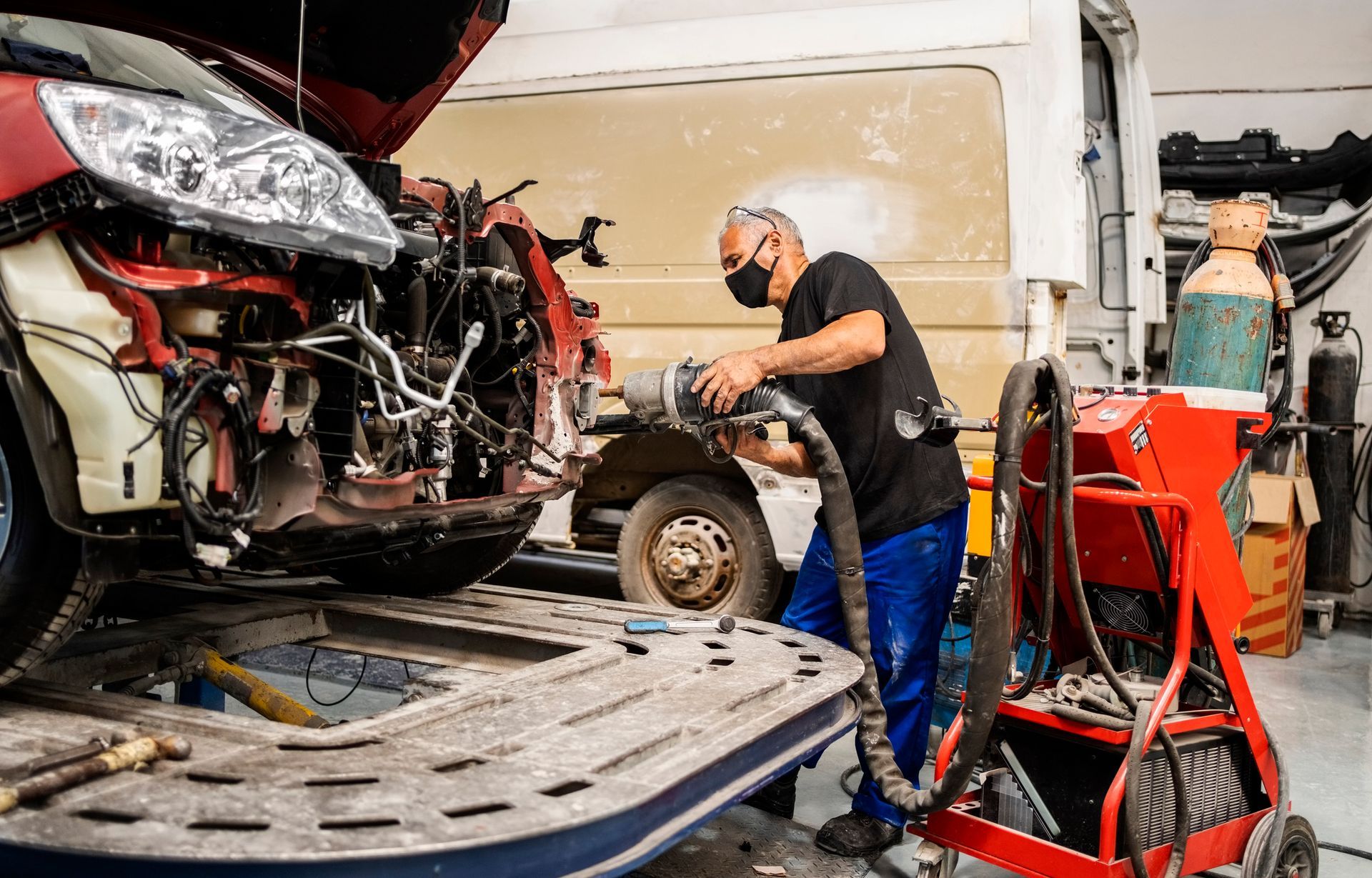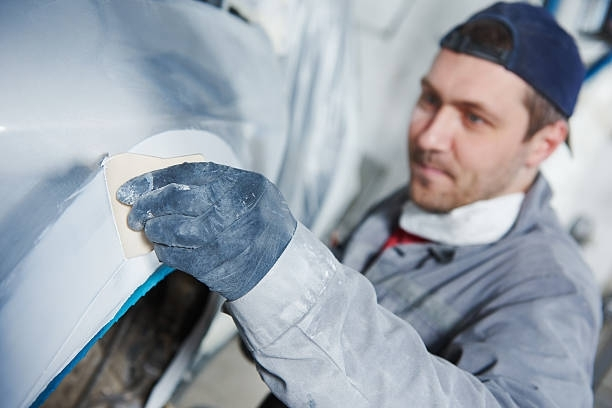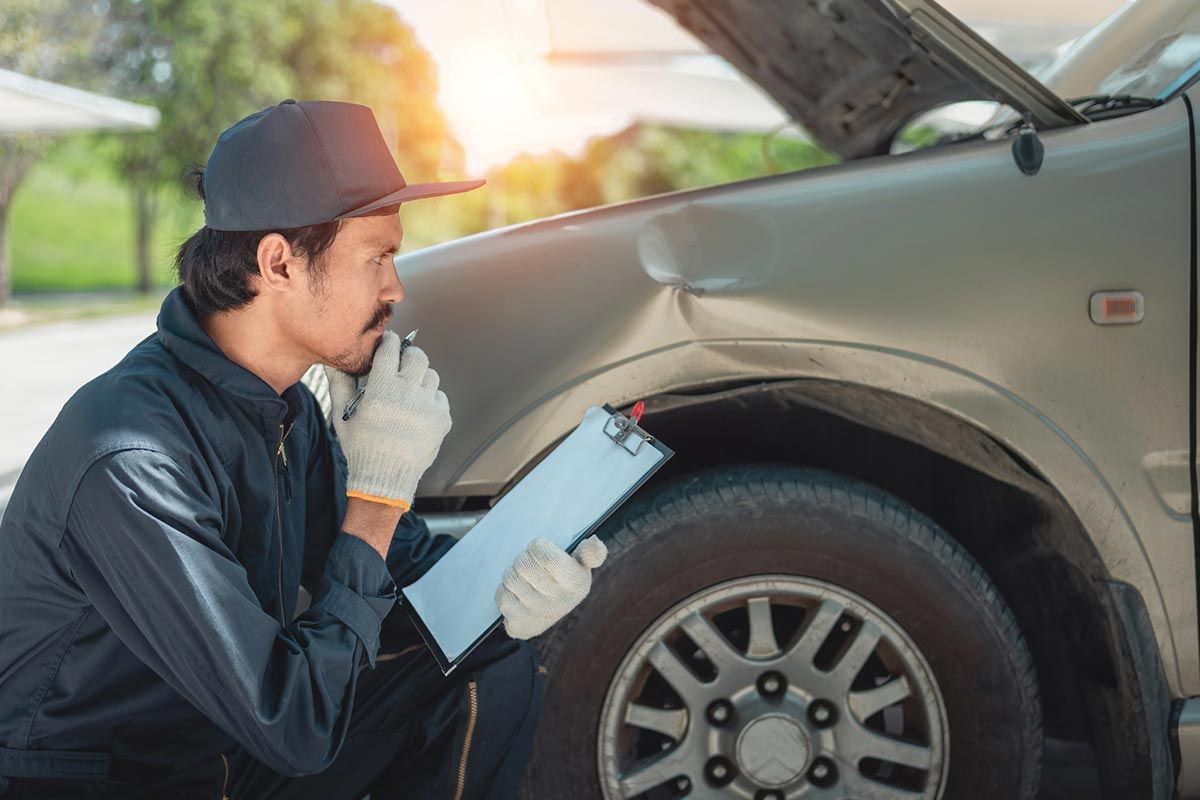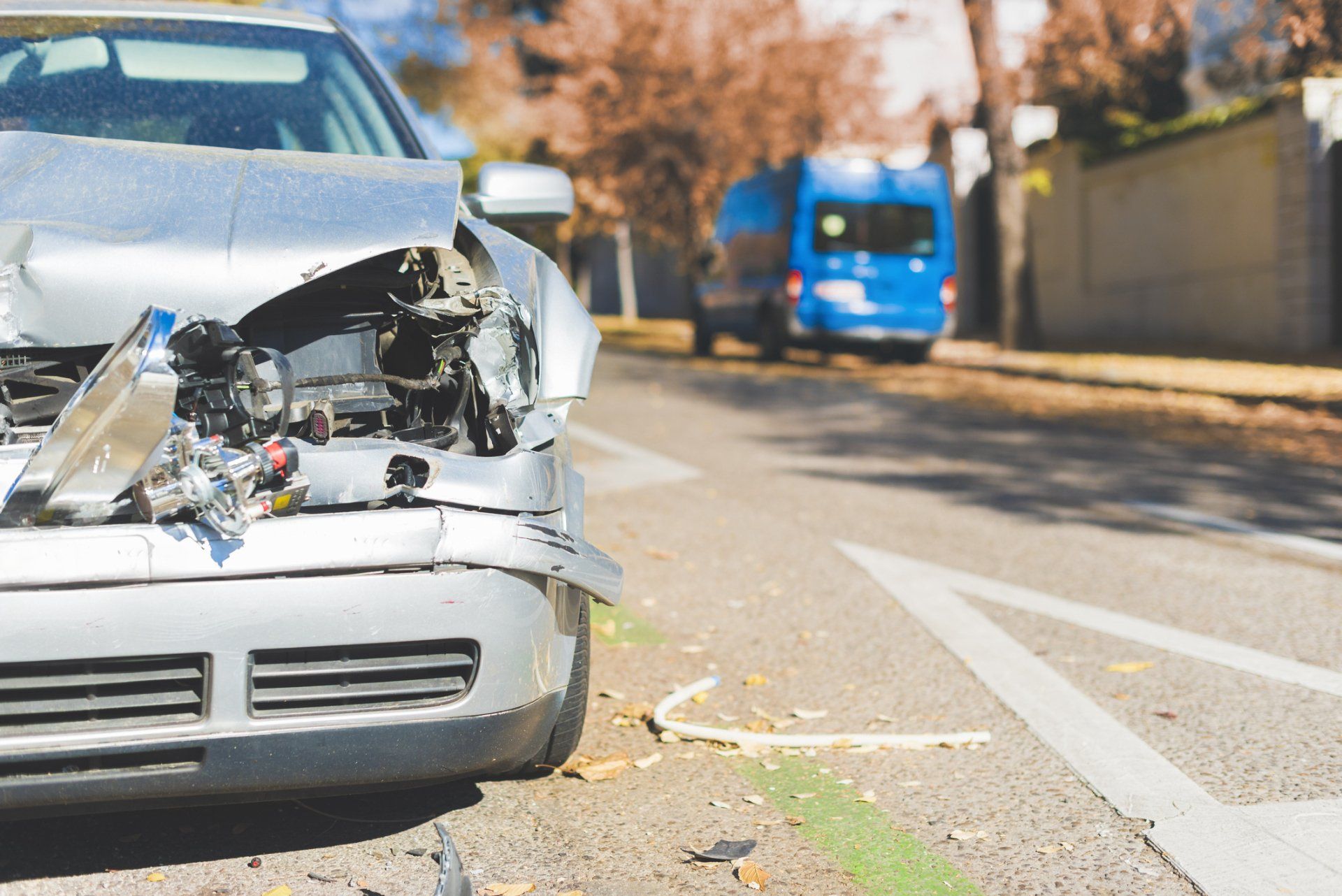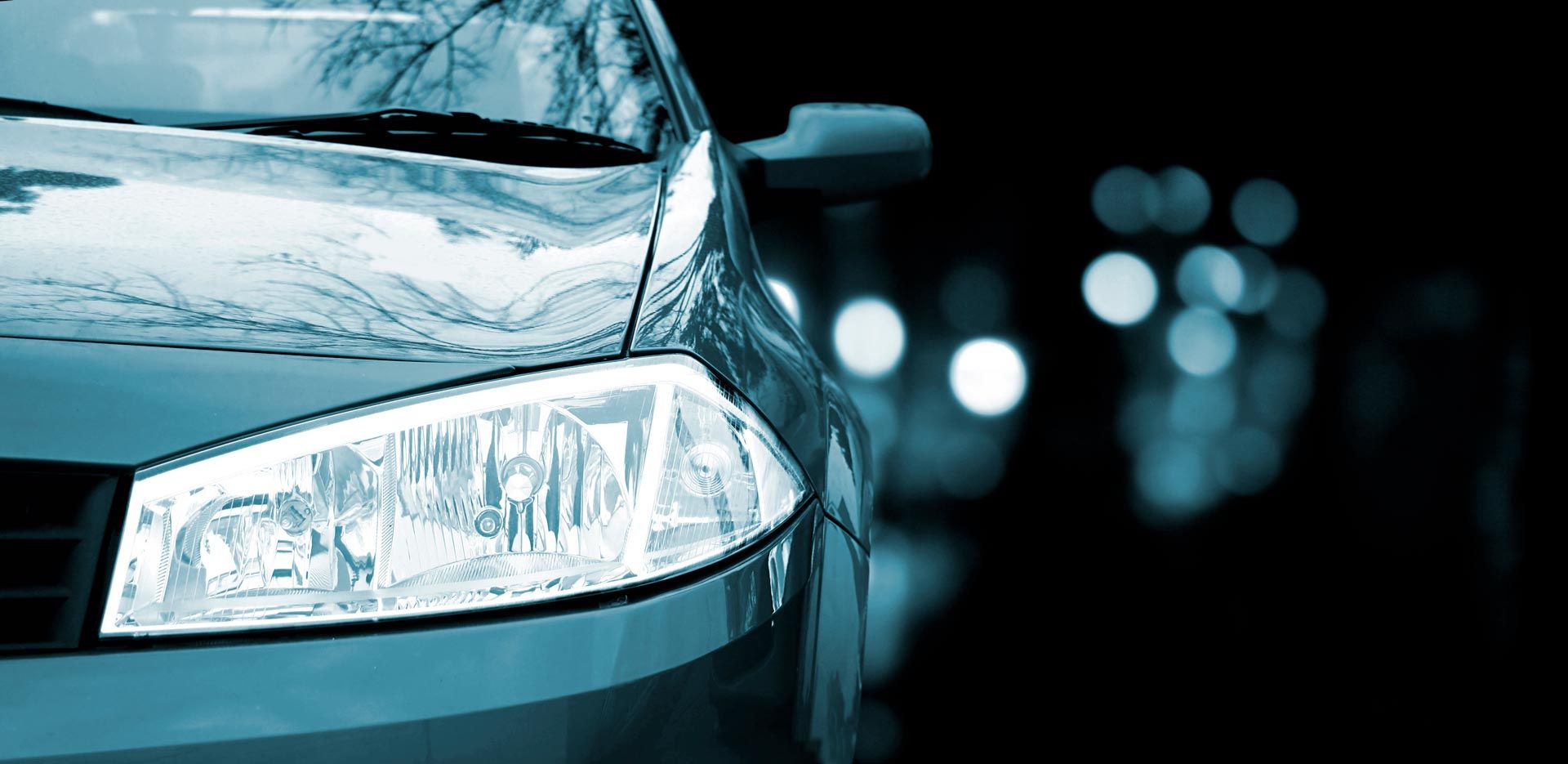Who Pays for Auto Body Damage in a Car Accident?
February 5, 2020
Who pays to repair the body damage that your vehicle sustains in a car accident depends on the specifics of the accident, the laws of the state where the accident occurred, and your insurance coverage. Despite these factors, though, payment is usually processed quickly. If you're in an accident, here's how the repair costs for body damage to your vehicle will be handled.
Another Driver Hits You in an At-Fault State
For an initial scenario, consider a situation where another driver hits you in an at-fault state. The other driver in this situation is completely responsible for the accident, and an at-fault state's laws stipulate that whoever is responsible for an accident must pay for any damage that occurs in the accident.
In this situation, you would file an insurance claim with the other driver's insurer. The other driver's insurer would then determine fault, and they'd cover the cost of repairing your vehicle for you (assuming they agreed the other driver was at fault). The insurance company would write a check to the body shop that fixed your vehicle, and you would pay nothing.
Another Driver Hits You in a No-Fault State
If the same scenario occurred in a no-fault state, payment would play out differently because the state laws in no-fault states work differently than the laws in at-fault states do. In a no-fault state, each driver files an insurance claim with their own insurance company regardless of who's responsible. This is done to expedite claims and keep premiums affordable.
Even though you might be completely innocent in a car accident that takes place in a no-fault state, you'd still file an insurance claim with your own insurer. Since you'd file a claim against your own policy, you would need to pay the deductible. A deductible is an amount that your first pay on an insurance claim, before your policy begins to pay any additional cost of the claim.
Thus, you'd first pay the body repair shop the equivalent of your policy's deductible, which you choose when you set up your car insurance policy. Your insurance company would then send the body shop payment for the remainder of the repair work's cost, assuming you have adequate coverage.
You Hit Another Driver in Any State
Should you hit a driver in any state, regardless of whether it's an at-fault or no-fault state, you'll have to pay your insurance policy's deductible and then the remaining cost will be covered by your insurer. As is the case with being hit in a no-fault state, both you and the insurer pay the body shop directly for the appropriate amounts so long as you have the necessary insurance.
The specific deductible and coverage that will apply is your policy's collision coverage. Collision coverage extends protection to situations where two or more vehicles are involved in an accident, and it specifically protects your vehicle against damage.
You Need Bodywork but Don't Have Collision Coverage
Should you find yourself in any situation where you have to pay a deductible and file an insurance claim against your policy, your policy will only pay if you have collision coverage.
If you don't have this coverage, you'll have to pay the full cost of the bodywork out-of-pocket. Even if you have other kinds of coverage in an auto insurance policy, you'll still need to pay the repair costs yourself since you don't carry the coverage that would apply to this type of claim.
If you need bodywork done, contact Automotive Super Sports. The staff can both perform the bodywork your vehicle needs and help you file any applicable insurance claim that might help pay for the repair.
Do you want to take care of your car? Discover specific signs that indicate that you should have a professional check your car at a repair shop.
While not all car accidents are fatal, they cause some vehicle damage. Read on to discover signs of hidden vehicle damage to watch for after an accident.
Common types of auto body damage include paint scratches, collision damage, dings and dents, weather damage, and windshield damage. Read on for more.
Keep yourself protected on the road with four helpful things to know about your headlights in connection to auto accidents. Read on for more information.
As a vehicle owner, you should know what elements can damage your car's paint job. Discover four of the most common to watch out for.

